Marc Andreessen, co-founder of Netscape and billionaire partner in a Silicon Valley Venture Capital firm sees the future of creativity in A.I.
‘’… anybody who’s a creative in any professional field all of a sudden has a new superpower… every screenwriter is going to be able to render their own movies… And so I think this technology could lead to a creative renaissance that is just absolutely spectacular.”
He may be right, but not for the reasons he thinks. He is the perfect example of the tech leader, holding only a hammer every problem is a nail. His is a world of function and subcontracting thinking and creating, because these are onerous tasks to be done by a digital minion. How many times are we to be fed this narrative of uber creativity just waiting in the wings for the oppressive need to develop and learn an art, to kindly leave the stage.
A software engineer as a seer for the art and creativity of our time. You get what you pay for, and as our coin today is measured by attention, maybe this makes perfect sense. I want to know what this new superpower will really afford us, I always wanted to fly but I think that one is not in the cards. Bernard Stiegler is a former bank robber and French philosopher who died in 2020. He had much to say about our growing reliance on technology and the—- if only it was science fiction, transhumanist movement’s exteriorizing of human cognition.
We rely on external answers that have the sheen of truth because they are pulled from the collective pool of discursive information we now give authority to, and cede our discernment, and intuition to an illusory copy/paste machine. It’s the illusion of a fair trade—-freedom, and the promise of liberation and equality for control over our lives. The sociologist Zygmunt Bauman describes this new world order as Liquid Modernity. Power has shifted from being exerted over people to dissolving the bonds that hold society together. Control is exerted by melting the organic structures of family, community, and place. We are atomized to ensure a more transactional, interchangeable consumer of culture.
I describe in these weekly posts a personal approach to building meaning, and in my role as an educator it is important to ask larger societal questions about how we support human flourishing and come together as communities to define meaning and purpose in our work and life. I know the attention that drawing demands helps me to steer into the skid of our distracted culture. I still have faith that we can scale an exteriority informed by an interior practice.
Let me return to Andreessen and his statement, technology could lead to a creative renaissance. Yes, in our collective response to this there is an antidote. Art that centres the interiority of living and experiencing this world can guide a new renaissance. I know there are incredibly large forces at work, but this is not like changing the course of a tsunami, this is not nature we are battling, it is nature we are taking a stand with and I believe we can each effect change in our community and the greater culture.

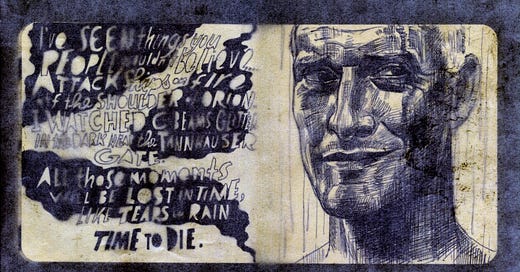



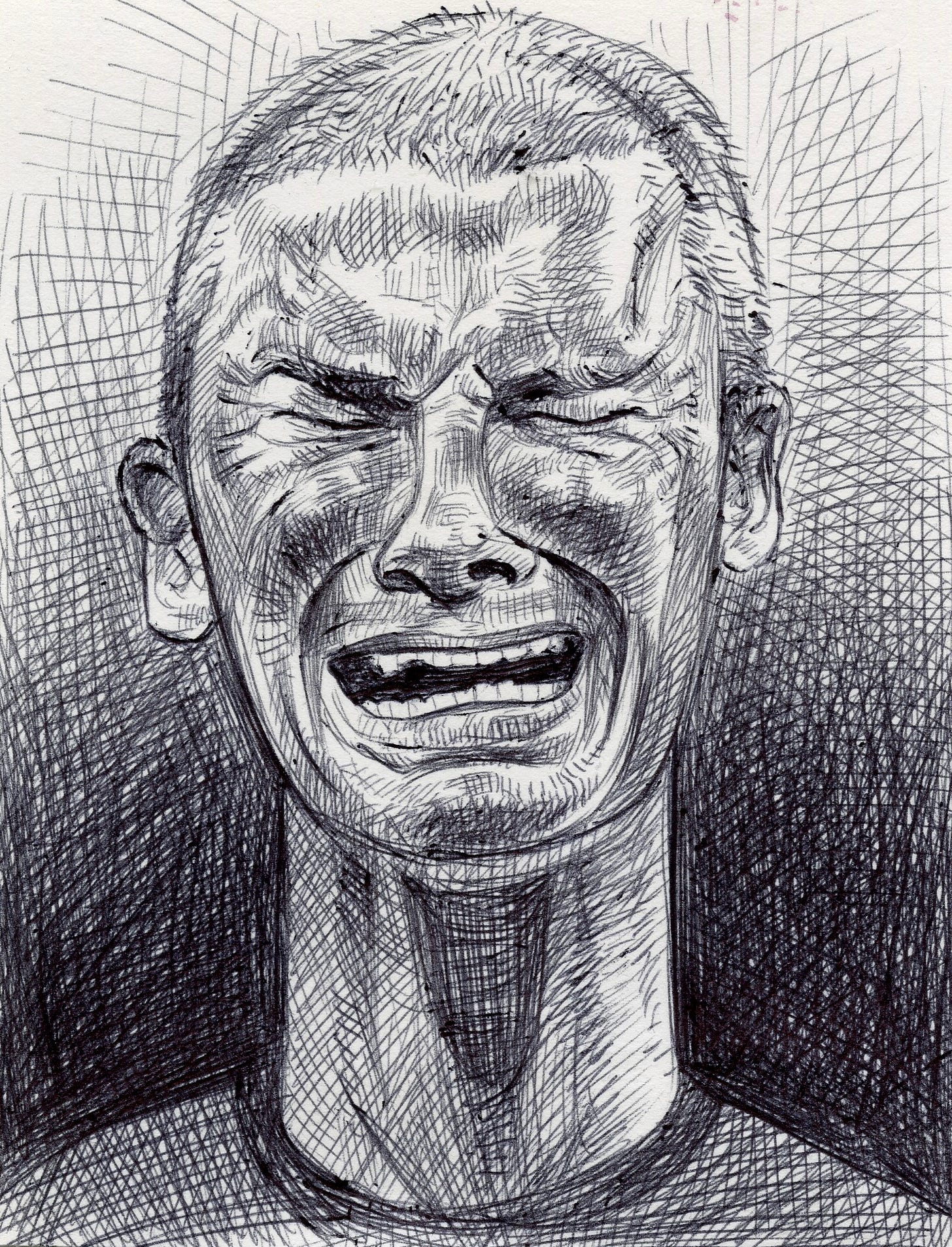
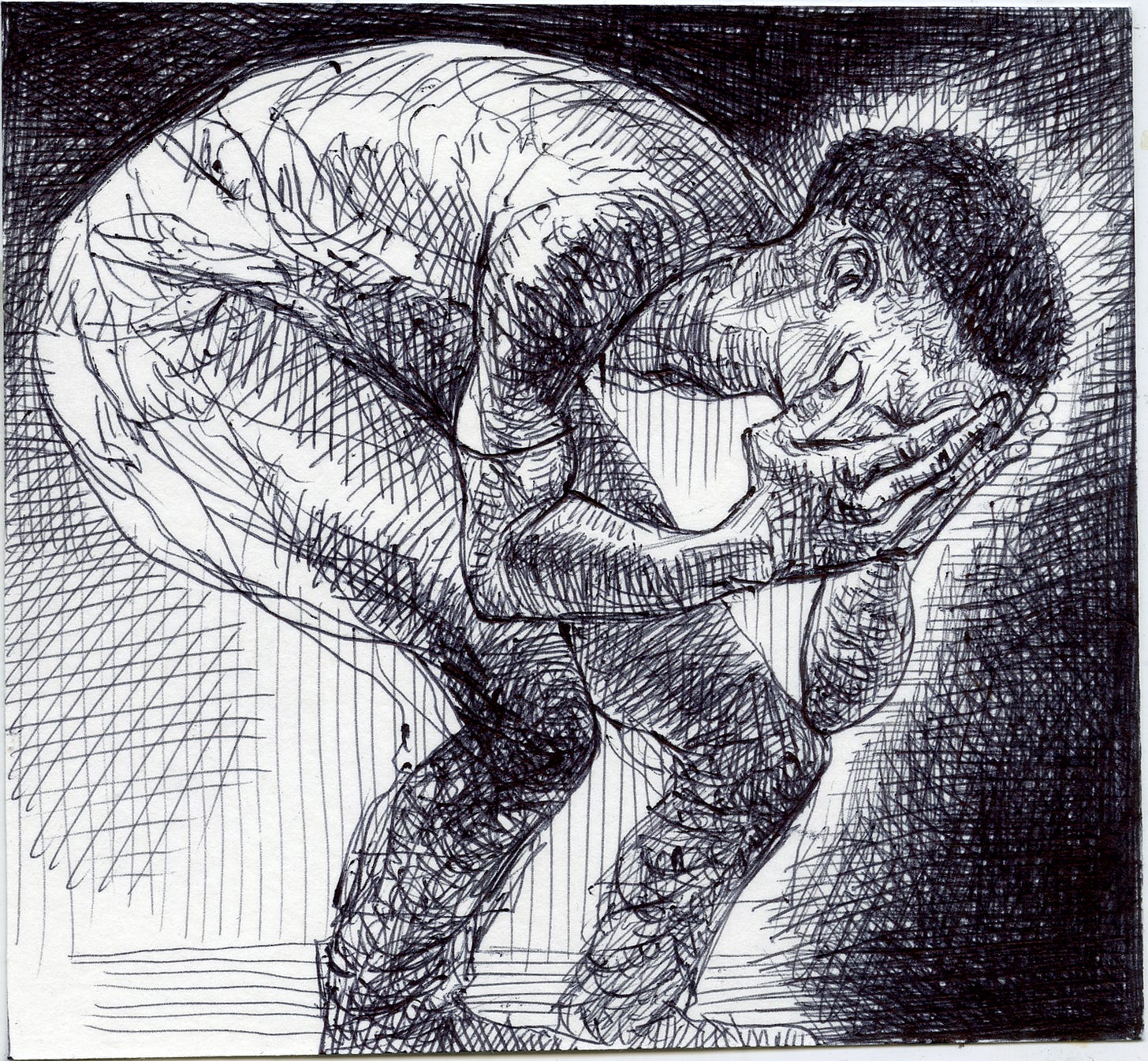
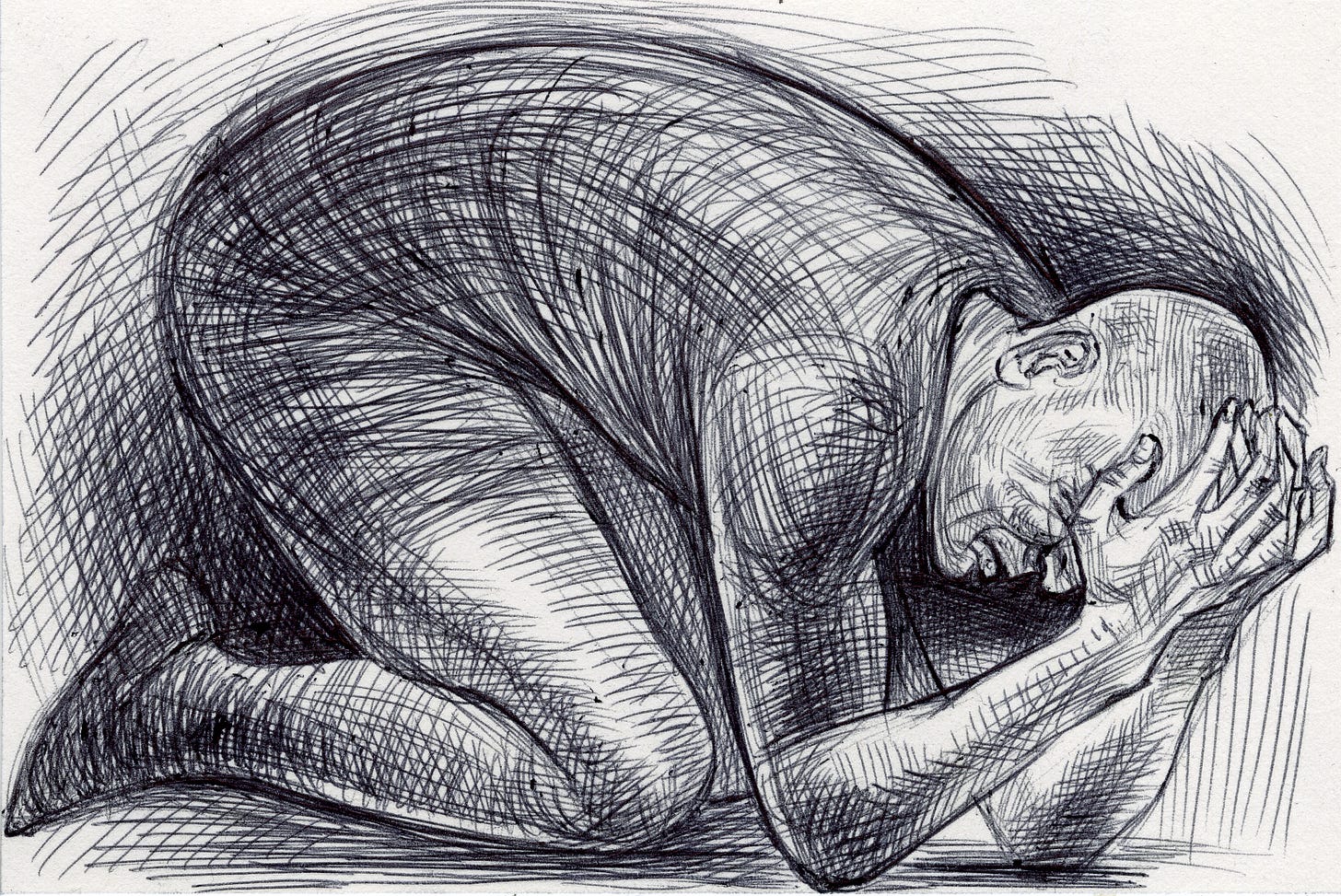
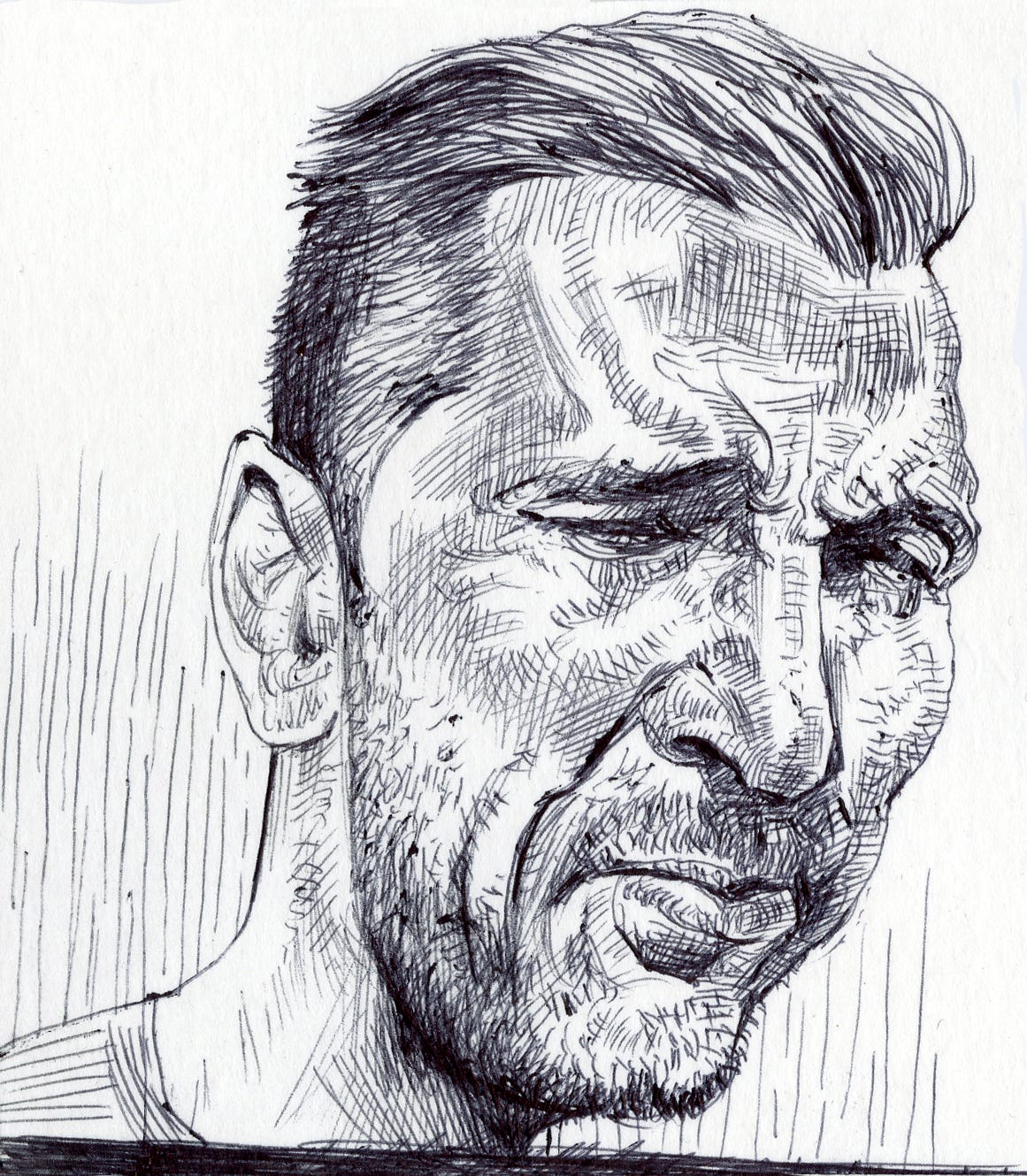
I love and echo your thoughts here, and your writing is especially impactful. My favorite part:
“How many times are we to be fed this narrative of uber creativity just waiting in the wings for the oppressive need to develop and learn an art, to kindly leave the stage.”
Those hailing the external seem to profoundly miss the importance of the process, experience, and perseverance which creation brings. Thanks for your thoughts as always!